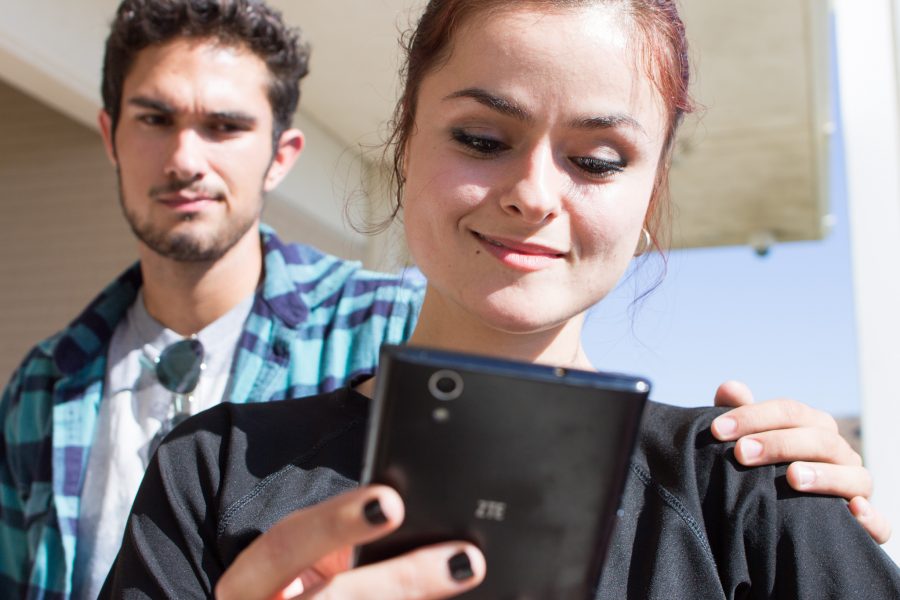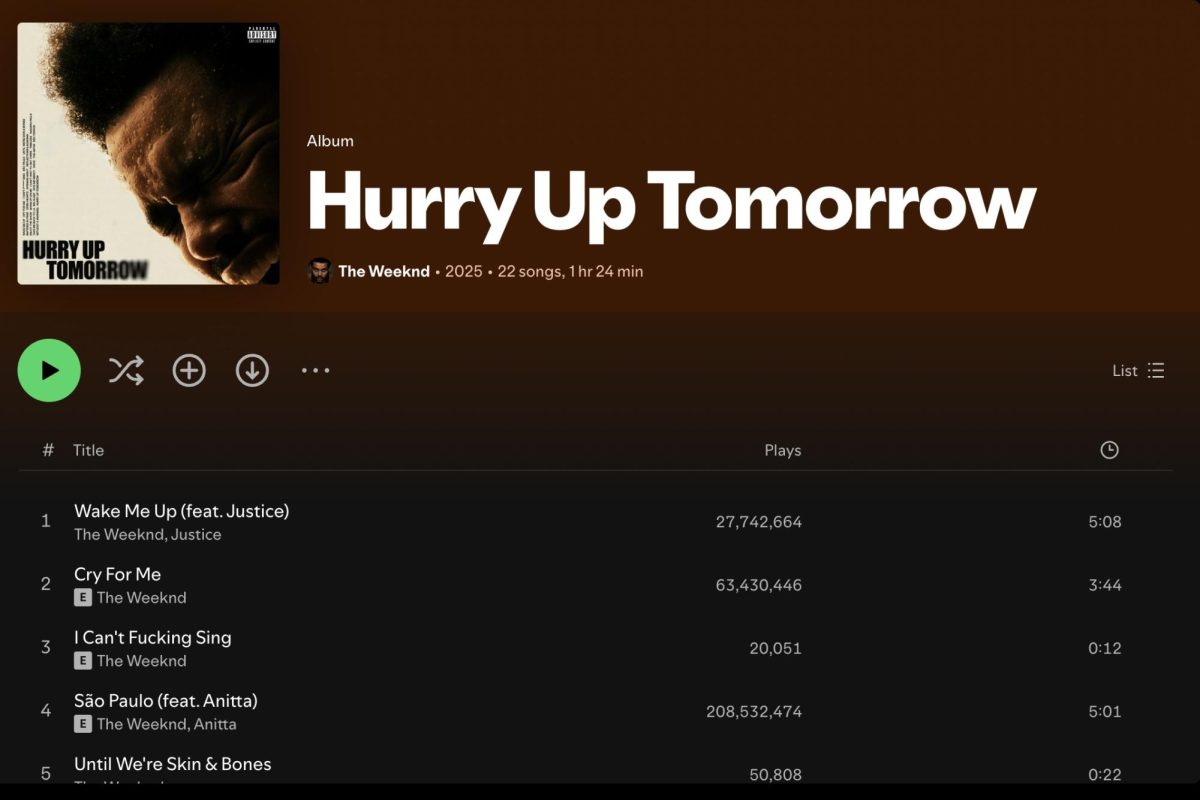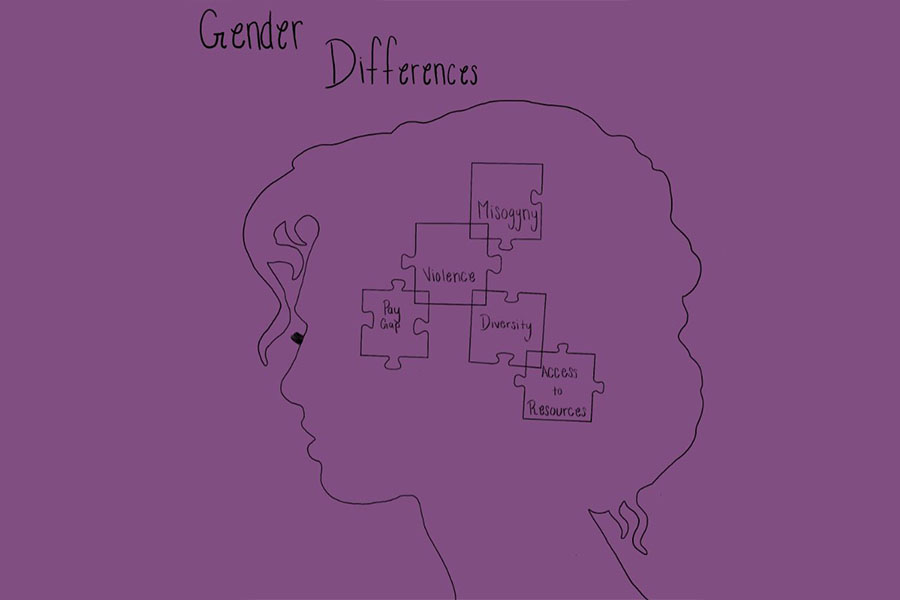It’s just another day.
You check Instagram, Twitter, Facebook, but then realize your boyfriend has commented on some other girl’s photo. At first you think nothing of it, but after socially investigating, you realize that it isn’t just some girl, but his secondary girlfriend he has been seeing for months now.
With 90 percent of 18 to 29 year olds using social media, according to a study conducted by Princeton Survey Research Associates International, eight percent of young adults say they have been upset by something their partner was doing online.
These are people affected not only by envy and worry, but questions of disloyalty within relationships. The ability to be aware of everything your partner posts and comments on on social media can invent these issues of trust between couples.
Kristen Schulte, 26-year-old journalism major, points out that by using social media, you have the intelligence to know and see everything that is posted, liked and commented on, which can generate doubts among partners.
“I remember liking this guy and he posted a photo of him and this girl,” said Schulte. “Automatically I found myself wondering who she was, but she was merely just a close childhood friend. I couldn’t help but laugh at myself for even allowing myself to get so caught up in social media when, in reality, none of it matters.”
While the capability to so openly see your partner’s activity on social media is valuable, it can also generate suspicions about meager things. From my point of view, the little things that couples find on their companion’s social media can cause jealousy or anxiety which, if social media wasn’t so easily accessible, would not be triggered in the first place.
“It can make you overanalyze things, like ‘why did he like her photo’ or ‘who is she’ or ‘are they dating too?’” said Schulte. “Which all sound silly when spoken out loud, but it’s true and so many of us do it or think that way.”
Even though society tends to assume differently, Cynthia Barnett, professor of sociology, says that some research shows that women believe what their partner says more so than men.
“Females tend to have a little more trust in this sort of thing, so they tend to lean on what they hear a little more heavily and believe it to be truthful,” said Barnett.
I feel this overanalyzing of what someone may come across on social media can spawn irrational trust issues, but on the other hand, these platforms can assist in unearthing infidelity between couples.
Barnett explains how in her SOC M04 – Intimacy, Relationships and Commitment class, many of her students believe social media can ruin relationships due to discovering a partner has somebody else online. With various platforms of social media so attainable, infidelity is easy.
“It’s just a resource now that is at our fingertips that makes [deception] a lot easier and so even if you physically are with someone, and emotionally [with someone else] through social media, then that’s an infidelity,” said Barnett.
Trust is a building block to establishing a healthy relationship with your partner. However, social media can abuse this confidence and break the delicacy of trust.
Social media can aid in discovering infidelity in relationships, but the ability to see everything and post anything can provoke questions in what should otherwise be a healthy relationship.
“Maybe I am just an old soul, but I believe in building a real connection and trust with someone and not hiding behind social media,” said Schulte. “Maybe if we spent less time socially investigating and more time building those connections in real life with those we care about, then we wouldn’t feel the need to be jealous or over-analyzing one’s every move.”













